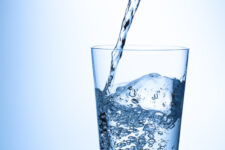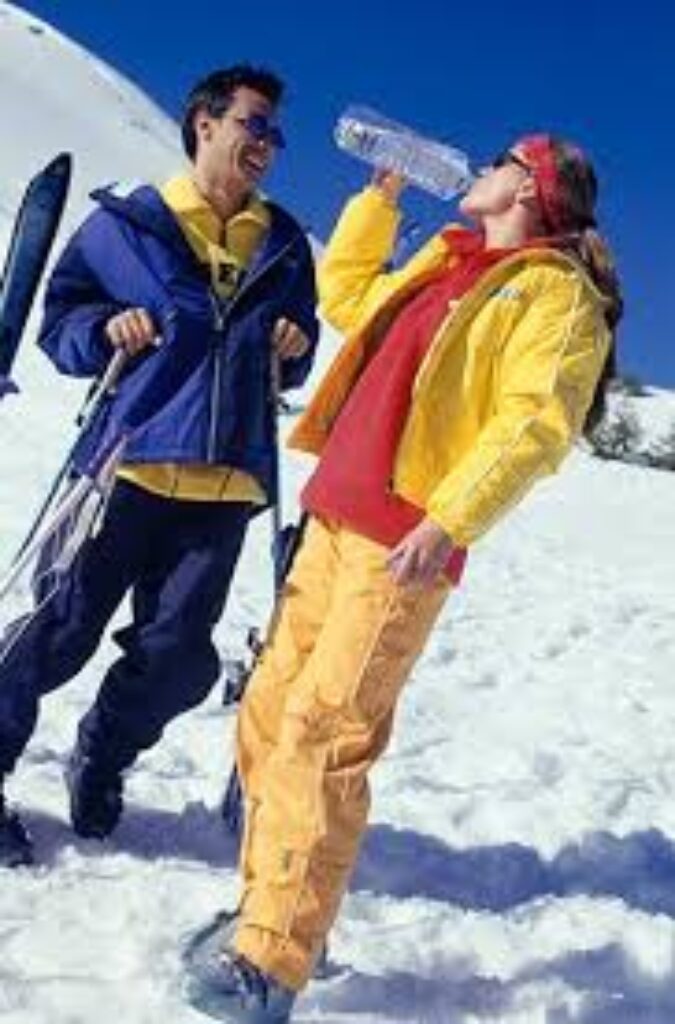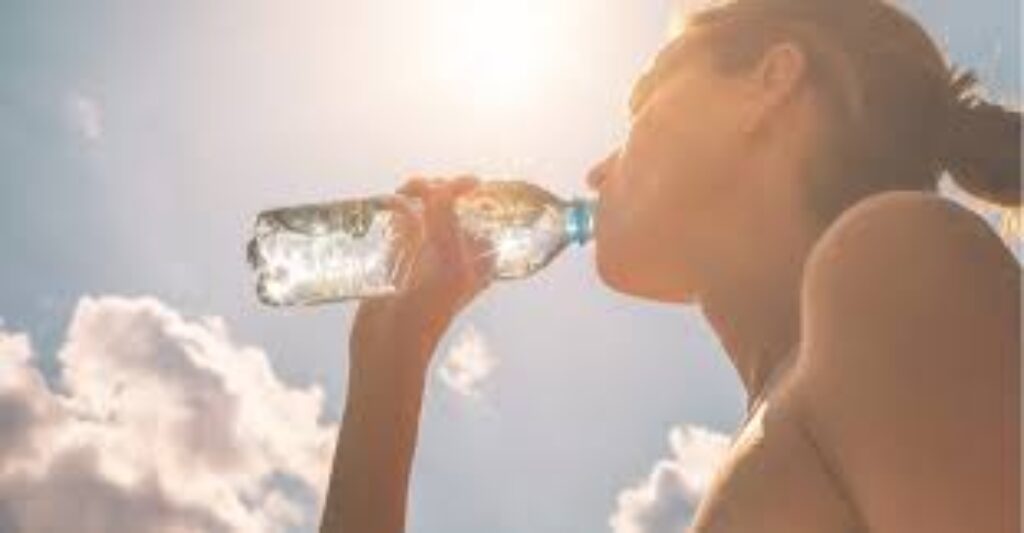
Cold Hydration: Why It’s Just as Important as Heat
When we think about hydration, most of us associate it with hot, sunny days—sweating under the summer sun, sipping ice-cold water after a workout, or refilling a bottle during a heatwave. While staying hydrated in the heat is crucial, hydration in cold weather is equally important, and often overlooked.
The truth is, cold weather can be deceptively dehydrating. Just because you’re not drenched in sweat doesn’t mean your body isn’t losing fluids. In fact, the winter months bring unique challenges that can increase your risk of dehydration—sometimes even more so than hot weather.
Here’s why cold hydration matters, how your body responds differently in the cold, and what you can do to stay properly hydrated all year long.

The Hidden Risk: Dehydration in Cold Weather
In cold conditions, we often feel less thirsty, which naturally reduces our urge to drink water. This occurs because our body’s thirst response is diminished by up to 40% in cold environments. Your brain simply doesn’t send the same “I’m thirsty” signals as it does in warmer temperatures, even if you’re losing just as much fluid.
What’s more, cold air is typically very dry, especially at high altitudes or in heated indoor environments. Breathing in dry air causes moisture to evaporate from your lungs and nasal passages. This leads to insensible fluid loss, meaning you’re losing water through respiration without even realizing it.
Why You Still Sweat in the Cold
It’s a myth that you only sweat when it’s hot. Your body continues to sweat in the cold—especially during physical activity like skiing, snowboarding, hiking, or even shoveling snow. The key difference? That sweat often evaporates quickly in dry, cold air, or gets absorbed into layers of clothing, making it less noticeable.
This can create a false sense of security: you’re working hard, losing fluid, but don’t feel sweaty—so you don’t think to rehydrate. This combination of suppressed thirst and unnoticed sweat loss is a perfect recipe for dehydration.
Cold Weather Diuresis: Another Sneaky Factor
Ever notice how you tend to pee more often in cold weather? This phenomenon, called cold-induced diuresis, is your body’s way of regulating core temperature and blood pressure. When you’re cold, your blood vessels constrict, raising blood pressure and prompting your kidneys to remove excess fluid—aka, more frequent urination.
This natural response further contributes to fluid loss, making proper hydration essential even when the temperature drops.
How Dehydration Affects Cold Weather Performance
Dehydration can seriously hinder your performance—whether you’re hitting the slopes, going for a winter run, or just trying to stay alert and energized through the workday. Even mild dehydration can lead to:
- Fatigue and low energy
- Decreased coordination and cognitive performance
- Increased risk of cold-related injuries, like frostbite (due to reduced blood flow)
- Muscle cramps and slower recovery times after exercise
When you’re dehydrated in the cold, your body’s ability to regulate heat is impaired, making it harder to stay warm and increasing the risk of hypothermia.

How to Stay Hydrated in Cold Weather
Staying properly hydrated during the colder months doesn’t have to be difficult, but it does require intention. Here are some practical tips:
- Drink consistently throughout the day, not just when you’re thirsty.
- Warm fluids count! Herbal tea, broth-based soups, and warm water with lemon are great hydration sources—and more appealing when it’s chilly.
- Monitor your urine color—pale yellow is ideal. Darker urine is a sign you may need to drink more.
- Carry a water bottle, even in cold conditions. Insulated bottles help keep fluids from freezing.
- Eat water-rich foods like fruits, vegetables, and soups. Winter produce like oranges, apples, and cucumbers still help keep you hydrated.
- Rehydrate after activity, especially if you’ve been exercising, even if you didn’t feel sweaty.
- Be cautious with caffeine and alcohol, which can have a diuretic effect and contribute to dehydration if not balanced with water intake.
Final Thoughts
Just because the weather is cold doesn’t mean your hydration needs go on hold. In fact, the cold can quietly dry you out in ways you might not expect. Whether you’re hitting the gym, enjoying the outdoors, or cozying up indoors, hydration remains one of the simplest—and most powerful—ways to support your health and performance.
So this winter, don’t put your water bottle away with your summer gear. Stay hydrated, stay warm, and stay well—no matter the season.








